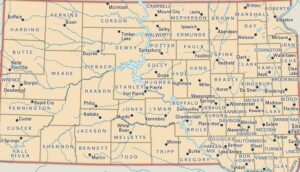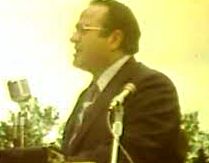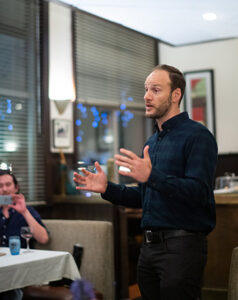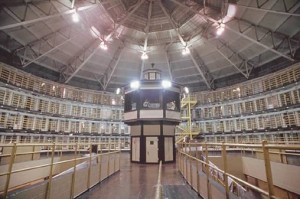Podcast: Play in new window | Download
Remembering South Dakota Senator Jim Abourezk
South Dakota senator Jim Abourezk was an important figure in American politics. He died four months ago at age 92. Abourzeck was the son of immigrants from Lebanon. He grew up on the Rosebud Sioux Indian reservation. Politically he was part of the radicalization of the 60s. He served one term in the US House of Representatives and another in the United States Senate. Elected in 1973, Abourezk fought for policies that are crucially relevant today. He was against American imperial power and opposed the war in Vietnam. He tried to rein in the murderous CIA. He attempted to break up the powerful of big oil companies. He fought for Native American rights, normalization of American relations with Cuba, a government the USA has been trying to overthrow since the Cuban revolution of 1959.
After six years, despite extreme pressure from those who supported him, he left the Senate. disgusted by the power wielded by the monied influence of big business. Jim Abourezk went back to South Dakota and back to the his law practice. Jim Abourezk founded the Arab-American anti-discrimination committee because of the oppression Arabs faced both of United States and abroad, particularly in Palestine.
Guest – Charlie Abourezk, from Rapid City, South Dakota and is a trial attorney, longtime activist and community organizer in the native American community in South Dakota. He is also a documentary film maker, his most recent is the feature length documentary “A Tattoo On My Heart: The Warriors of Wounded Knee 1973” which played on public television stations around the United States. He is the current Chief Justice of the Rosebud Sioux Tribe’s Supreme Court and a member of the South Dakota Advisory Committee to the US Commission on Civil Rights. His client base is made up largely of Native Americans, tribal schools and Indian tribal governments, but he also represents plaintiffs in civil rights litigation.
Guest – Alya James – Architectural Designer living in New York City.
—-
Former San Francisco DA Chesa Boudin Teaching At Berkeley Criminal Law and Justice Center
We turn to the subject of the criminal justice system – or, as a growing number of advocates refer to it, the criminal legal system. One reason for the name change is because it’s clear that our system of policing, prosecuting, judging, and sentencing rarely brings about justice. After all, our system was born nearly 250 years ago, at a time when slavery was legal and only white men with property could participate in public life, including voting. Non-white people were thought of as less than human, and women were afforded little if any autonomy apart from the men in their lives.
Since then, we’ve tried to correct course with laws and constitutional amendments that aim to protect everyone equally from the abuse of government power. But real-world statistics show that still – in 2023 – the criminal legal system does not treat all defendants equally, and not all defendants are presumed innocent until proven guilty. Black men, for example, are arrested more, charged more, and given higher sentences than others in similar circumstances.
Guest – Chesa Boudin, founding executive director of Berkeley Law’s new Criminal Law & Justice Center is embarking on a new journey to study, brainstorm, experiment and transform for the better how the criminal legal system operates. He is uniquely suited for this new role, since he’s had experience not only in the public defender’s office representing criminal defendants, but also as the former District Attorney of San Francisco. And he’s unique in the legal profession for another reason: when he was just 14 months of age, he was separated from his parents, radical activists David Gilbert and Kathy Boudin. They were serving very long prison sentences for their part in an armored truck robbery which went astray and where three people killed. He saw firsthand the harmful impact of incarceration on those inside, as well as their families, communities, and society as a whole. These experiences informed his studies as a Rhodes scholar and as a student at Yale, his work as a lawyer, and most importantly, as a devoted husband, father and son. @berkeleylawcljc
—————————————




